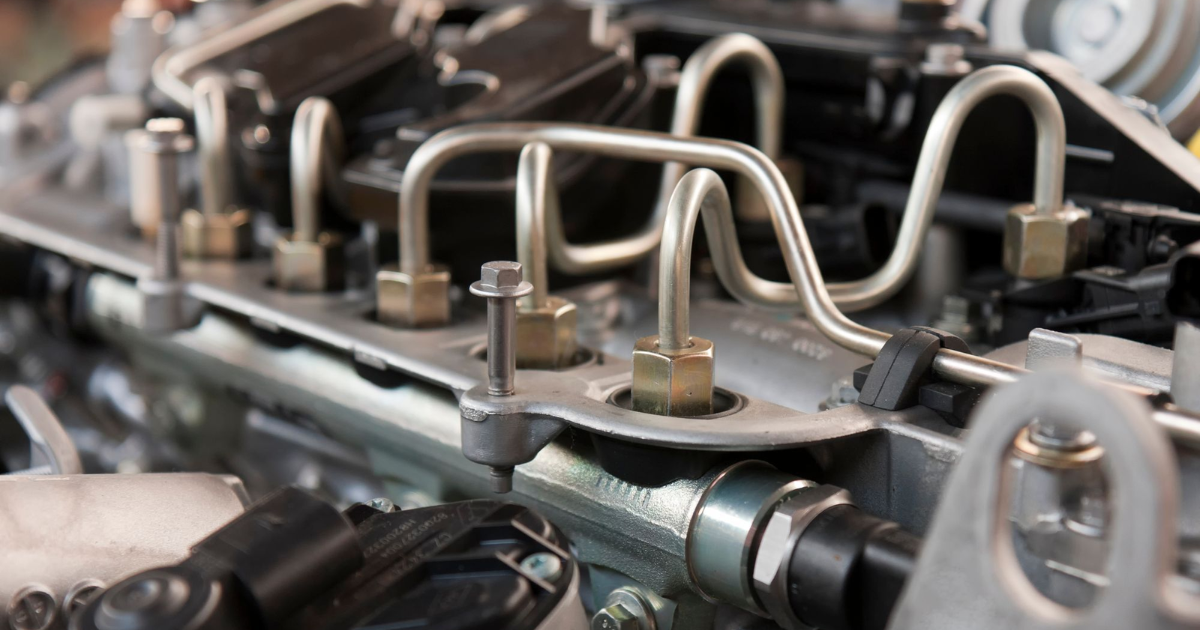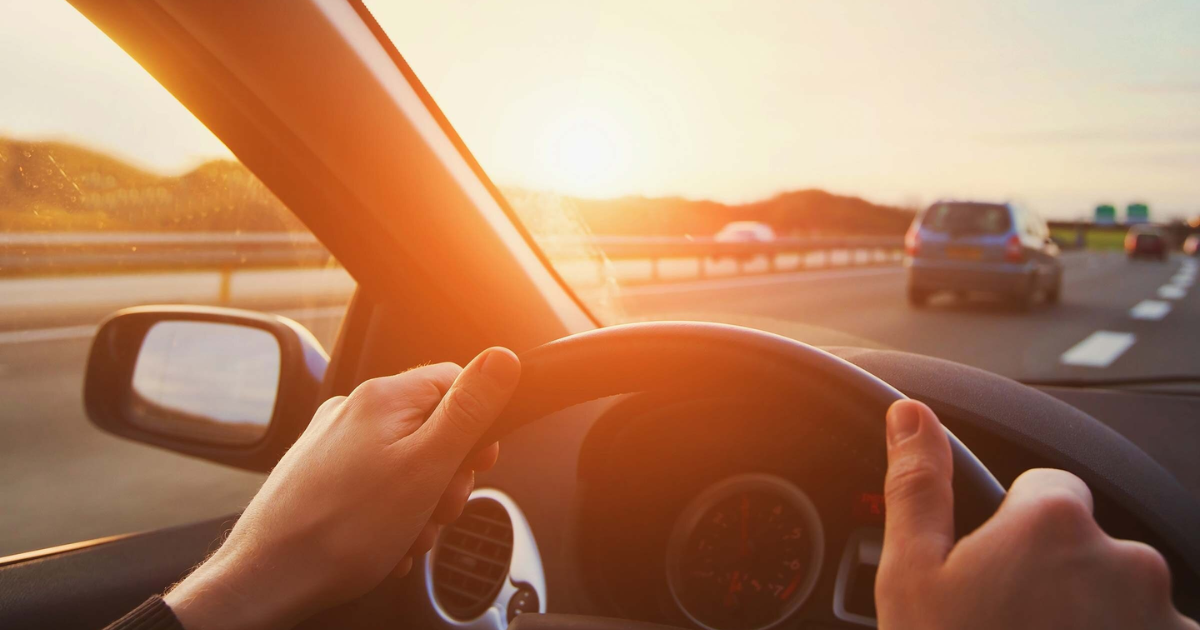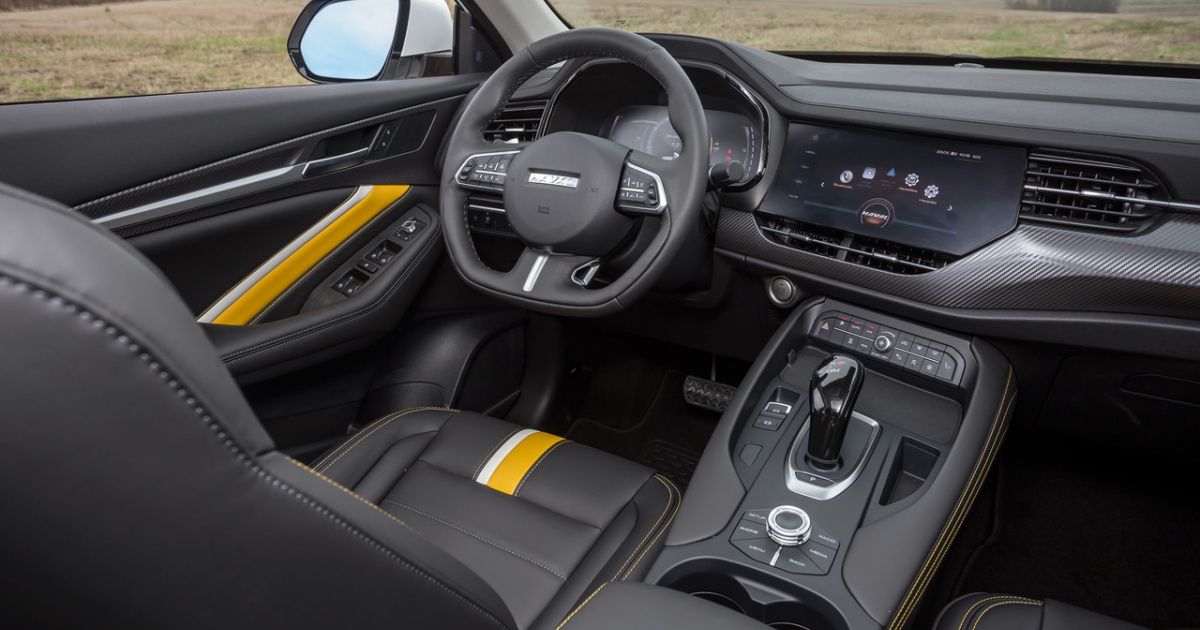Before hitting the road in Dubai’s extreme summer heat, it’s important to follow a proper Summer Car Checklist. First, inspect your car’s AC system to ensure it’s blowing cold air efficiently. Check coolant levels because overheating is common in Dubai’s 40+ degree temperatures.
Make sure your tires are properly inflated, as heat can increase the risk of blowouts. Test your battery, since extreme temperatures can shorten its life. Inspect all fluid levels, including engine oil, brake, and transmission fluids.
Clean or replace air filters to improve engine performance. Examine windshield wipers for any cracks caused by the heat. Finally, always carry extra water for both yourself and the engine to stay safe during emergencies.
Check Your Car’s Cooling System
The cooling system is crucial during Dubai’s scorching summers. The radiator, coolant, and water pump work together to prevent engine overheating. Start by inspecting the coolant level and ensure it’s between the minimum and maximum marks. If it’s low, top it up with the right coolant mixture (usually 50% coolant and 50% water).
Also, check for leaks in the hoses and radiator. A faulty cooling system can lead to engine damage, so it’s best to get it inspected by a professional. Another important part of the cooling system is the thermostat, which regulates coolant flow. If your car’s temperature gauge rises too quickly, the thermostat might be stuck.
Additionally, inspect the radiator fan to ensure it’s working properly. A malfunctioning fan can cause overheating in traffic. Flushing the cooling system every two years removes dirt and rust, improving efficiency. Always use high-quality coolant recommended for extreme heat.
- Key Checks:
- Coolant level and condition
- Radiator and hose leaks
- Thermostat functionality
- Radiator fan operation
Inspect the Air Conditioning System
Dubai’s summer heat makes the AC system a necessity, not a luxury. If your car’s AC isn’t cooling properly, it could be due to low refrigerant levels or a faulty compressor. Listen for unusual noises when the AC is running, as this may indicate a problem. A professional should check for leaks and recharge the refrigerant if needed.
A clogged cabin air filter can also reduce cooling efficiency, so replace it if necessary. The AC condenser, located in front of the radiator, can get clogged with dirt and debris. Cleaning it improves airflow and cooling performance.
If the air from the vents isn’t cold enough, the system might need a thorough inspection. Regular AC servicing ensures longevity and prevents costly repairs. Avoid using the AC at full blast immediately after starting the car—let it cool down gradually.
Monitor Engine Oil Levels
Engine oil lubricates moving parts and prevents overheating. In extreme heat, oil can thin out, reducing its effectiveness. Check the oil level using the dipstick and top it up if needed. If the oil appears dark or gritty, it’s time for an oil change. Synthetic oils perform better in high temperatures, so consider switching if you’re using conventional oil.
Old or low-quality oil can cause engine wear and reduce fuel efficiency. Always follow the manufacturer’s recommended oil change intervals. High-performance engines may require more frequent changes in hot climates.
Using the right oil viscosity (e.g., 5W-30 or 10W-40) ensures optimal performance. Low or dirty oil can lead to increased friction, causing serious Car Overheating Problems. Regularly inspecting the oil filter is also important, as a clogged filter restricts oil flow.
Examine the Cars Battery Health
Car batteries face extreme stress in Dubai’s heat, leading to faster degradation. Check the battery terminals for corrosion and clean them with a baking soda solution if necessary. Ensure the battery is securely mounted to avoid vibrations that can damage internal components. A weak battery may struggle to start the car, especially after being parked in the sun.
Most car batteries last 2-5 years, but extreme heat can shorten their lifespan. Test the battery’s voltage—a reading below 12.4 volts indicates it’s losing charge. If your battery is old, consider replacing it before summer peaks. Avoid leaving electronics (like phone chargers) plugged in when the engine is off, as this drains the battery. Parking in shaded areas helps prolong battery life.
- Battery Maintenance Tips:
- Clean terminals regularly
- Check voltage levels
- Avoid short trips that don’t fully recharge the battery
- Replace old batteries proactively
Check Tire Pressure and Condition
Hot weather increases tire pressure, leading to blowouts if not monitored. Always check tire pressure when the tires are cold for accurate readings. Underinflated tires generate excess heat, increasing the risk of failure. Overinflated tires reduce traction and wear out faster. Refer to the car manual for the recommended PSI levels.
Inspect tires for cracks, bulges, or uneven wear, which indicate the need for replacement. Summer tires are designed to withstand high temperatures better than all-season tires. Rotating tires every 10,000 km ensures even wear. Don’t forget the spare tire—it should also be properly inflated. Properly maintained tires improve fuel efficiency and safety.
Test the Braking System
Brakes are critical for safety, especially in stop-and-go Dubai traffic. Listen for squeaking or grinding noises, which indicate worn brake pads. Check the brake fluid level and top it up if low. Spongy brakes may mean air in the brake lines, requiring bleeding. Overheated brakes can fade, reducing stopping power.
Inspect brake rotors for warping or excessive wear. If the car pulls to one side when braking, the calipers may be sticking. Regular brake servicing ensures optimal performance. Avoid riding the brakes downhill, as this generates excess heat. High-quality brake fluid with a high boiling point is essential for summer driving.
Inspect Belts and Hoses
Rubber belts and hoses degrade faster in extreme heat. Check the serpentine belt for cracks, fraying, or glazing. A broken belt can leave you stranded, as it powers the alternator, AC, and water pump. Similarly, inspect coolant hoses for leaks, bulges, or soft spots. Replace any damaged belts or hoses immediately.
The timing belt is equally important—if it snaps, it can cause severe engine damage. Refer to your car’s manual for replacement intervals (usually 60,000-100,000 km). Keeping spare belts in the trunk is a good precaution for long trips. Regular inspections prevent unexpected breakdowns.
Keep the Cars Fuel System Clean
High temperatures can cause fuel evaporation and vapor lock, leading to starting issues. Use high-quality fuel and consider adding a fuel system cleaner to remove deposits. A clogged fuel filter reduces engine performance, so replace it as recommended. If the car hesitates or stalls, the fuel pump may be failing.
Avoid running the tank too low, as debris at the bottom can clog the fuel system. Modern cars with direct injection benefit from periodic carbon cleaning. Proper fuel system maintenance ensures smooth engine operation and better mileage.

Protect the Interior from Sun Damage
Dubai’s sun can crack dashboards and fade upholstery. Use a sunshade to protect the interior when parked. Leather seats should be conditioned to prevent drying and cracking. Fabric seats can be treated with UV protectant sprays. Tinted windows reduce heat and UV exposure.
Parking in shaded areas or using a car cover helps preserve the interior. Avoid leaving electronics or flammable items (like lighters) in the car, as they can overheat. Regularly vacuuming and cleaning the interior prevents dust buildup.
Ensure Proper Windshield and Wiper Function
Clear visibility is essential for safe driving. Check windshield wipers for cracks or streaking and replace them if needed. Top up the windshield washer fluid with a summer-grade solution that won’t evaporate quickly. Inspect the windshield for chips that can expand in heat.
Using a water-repellent treatment improves rain visibility. Avoid using the wipers on a dry windshield, as this damages the blades. Keeping the windshield clean reduces glare from the sun.
Verify Electrical System Functionality
Extreme heat affects electrical components like fuses and wiring. Test all lights (headlights, brake lights, indicators) to ensure they’re working. Check for flickering dashboard lights, which may indicate alternator issues. Loose or corroded wiring can cause electrical failures.
If the car struggles to start, the starter motor or ignition system may need inspection. Avoid overloading the electrical system with aftermarket accessories. Regular checks prevent unexpected electrical failures.
Maintain Proper Lubrication of Moving Parts
Greasing suspension components and door hinges prevents wear. Check the power steering fluid level and top it up if low. CV joints and driveshafts should be inspected for leaks or damage. Proper lubrication reduces friction and extends part lifespan.
Using high-temperature grease for wheel bearings is essential in summer. Neglecting lubrication leads to squeaks and premature failures. Regular servicing keeps the car running smoothly.
Carry an Emergency Summer Car Kit
A well-prepared emergency kit includes:
- Extra coolant and distilled water
- Jumper cables
- Tire repair kit and inflator
- First aid supplies
- Flashlight and reflective warning triangles
Also, keep a fully charged phone and portable charger. In case of breakdowns, stay hydrated and avoid waiting in direct sunlight.
Schedule a Professional Inspection
Even with DIY checks, a professional mechanic can spot hidden issues. Protone Auto Care in Al Quoz 3, Dubai, offers comprehensive summer car inspections. They check all critical systems and provide expert recommendations.
Regular servicing prevents costly repairs and ensures safety. Booking an Car inspection before summer peaks is a smart move.
Drive Smart in Extreme Heat
Avoid aggressive driving to reduce engine and brake heat. Use cruise control on highways for consistent speed. Plan trips during cooler hours if possible. Keep an eye on the temperature gauge and pull over if overheating occurs.
Stay hydrated and take breaks on long drives. Keeping the car well-maintained ensures a stress-free summer driving experience. If you experience any signs of engine trouble, pull over immediately. Smart habits can make a huge difference when dealing with the challenges of extreme weather.

Frequently Asked Questions
1. How often should I check my coolant in summer?
Check coolant levels every two weeks and top up if necessary. A full coolant flush is recommended every two years to maintain efficiency.
2. Can I use water instead of coolant in an emergency?
Water can be used temporarily, but it lacks anti-corrosion and anti-boil properties. Replace it with proper coolant as soon as possible.
3. Why does my car’s AC smell bad?
A musty smell indicates mold in the AC system. Replacing the cabin air filter and cleaning the evaporator can fix this issue.
4. How do I prevent my car battery from dying in summer?
Park in shade, clean terminals regularly, and avoid short trips that don’t recharge the battery fully. Test the battery voltage periodically.
Conclusion
Following this 15-point summer car checklist ensures your vehicle stays reliable in Dubai’s extreme heat. Regular maintenance prevents breakdowns and costly repairs. For professional servicing, visit Protone Auto Care in Al Quoz 3, Dubai, where experts provide top-notch car care solutions. Stay safe and keep your car cool this summer!



